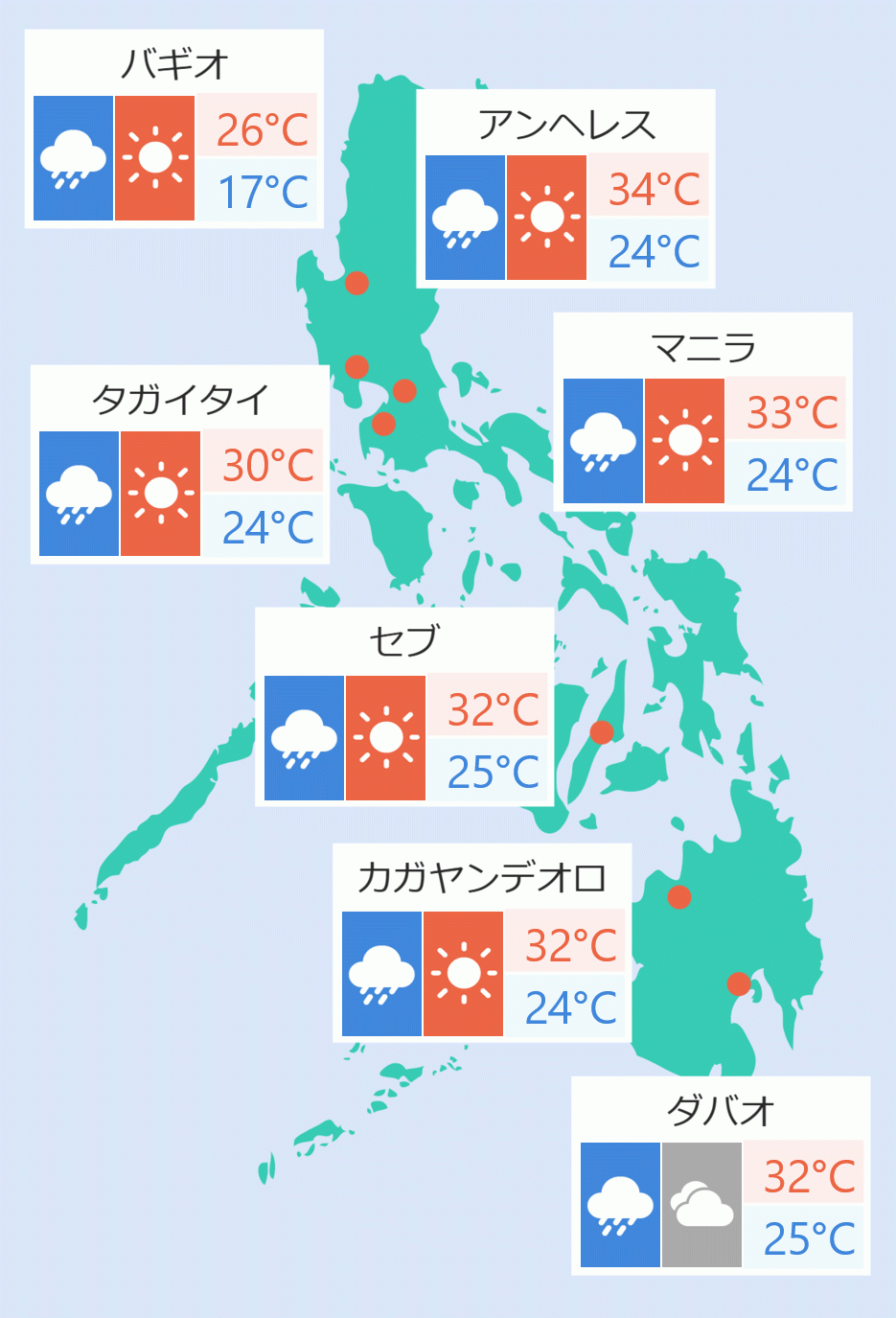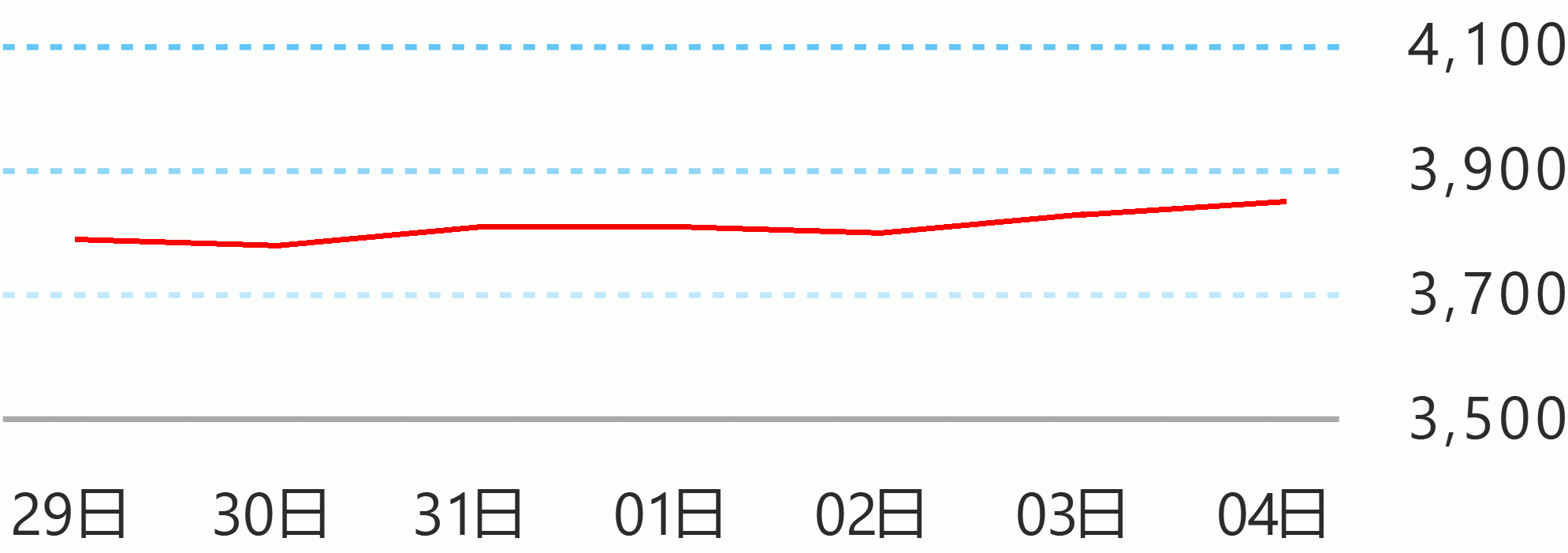Finance Secretary Benjamin Diokno is looking at the diversification of businesses around the world as another opportunity for the economy to grow amid high global inflation and other lingering effects of the COVID-19 pandemic.
“[B]ecause of the pandemic, ang nangyari niyan, the whole world recognized that you cannot make China as the factory of the world. Maling strategy yun na naka-concentrate tayo sa isang bansa. So ngayon, they are looking for areas for investment to diversify their operations. At tayo baka mag-benefit tayo doon sa diversification,” said Diokno on Saturday in an interview over a public affairs program.
(Because of the pandemic, what happened is that the whole world recognized that you cannot make China the sole factory of the world. It is not a good strategy to concentrate on just one country. So now, they are looking for areas for investment to diversify their operations. And we think we will benefit from this diversification.)
Diokno said that the Philippines’ prospects are bright compared to other countries, with the economy growing by 8.3 percent in the first quarter.
According to the Development Budget Coordination Committee (DBCC), the Philippine economy is projected to grow by 6.5 to 7.5 percent in 2022, and 6.5 to 8.0 percent from 2023 to 2028.
Analysts consider these near-term growth projections to be the highest among the ASEAN+3 countries, which include Japan, South Korea, and China.
“In fact, while the IMF [International Monetary Fund] downgraded the whole world's economy from, I think, 3.6 to 3.2 percent, they upgraded the Philippine economy this year from 6.5 to 6.7 [percent],” said Diokno.
He added that despite the difficulties in the last two years, the rating agencies also continued to affirm the country’s investment grade rating.
Diokno explained that it is in this context that President Ferdinand “Bongbong” Marcos, Jr. said that the state of the nation is sound.
He added that the economy is strong and has returned to where it was before the crisis.
President Ferdinand Marcos, Jr. vowed to promote productivity-enhancing investments and support ecozones to bring in strategic industries, such as those engaged in high-tech manufacturing, health and medical care, and other emerging technologies.
Such investments are envisioned to facilitate economic expansion in areas outside of Metro Manila through existing ecozones maximizing the generous incentives under the Corporate Recovery and Tax Incentives for Enterprises (CREATE) Act.
The Marcos administration also plans to capitalize on the recently enacted economic liberalization laws, including the amendments to the Retail Trade Liberalization Act, Public Service Act, and Foreign Investments Act, to make the Philippines an investment destination.
Diokno also said that, in particular, the approval of the amendments to the Public Service Act (PSA) is a game-changing reform that would encourage investors to come in as it will open up to foreign ownership previously protected sectors.
“[T]he Public Service Act will open up private sector participation or international investment in telecommunication, toll roads, shipping, etc.,” said Diokno. DOF Communications Office





 English
English










